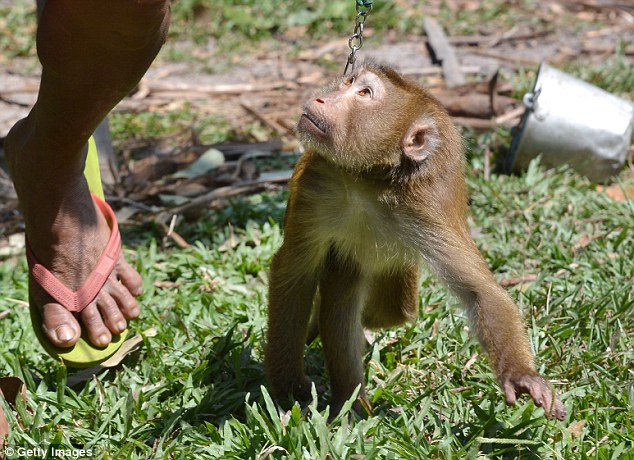
It seems like a silly question, since a coconut is a fruit (technically, it’s a drupe), but it’s a question that has me more and more upset. Over the last several years, Jennifer and I have watched with increasing alarm the prevalence coconut products have begun to play in the promotion of the vegan diet: Daiya cheese, Miyoko’s butter, Beyond Meat’s burgers, and more. It is in almost all shampoos and conditioners. In shaving creams and lotions. It is in non-dairy ice creams and other plant-based “milk” products. Coconuts and coconut products — oil, milk, and cream — are the “go to” vegan ingredient and they are in most of the new vegan product innovations.
In 2016, a new plant-based product was introduced almost every single day, 100 more than the year before, and growing at a rate of 11% per year. In fact, the staggering growth had Tyson’s CEO explain his company’s $150 million investment in meat-analogs. “The future,” he told Fox Business News, “might be meat-free.” Driving this growth is “Growing concern toward animal cruelty and welfare.” And yet, the majority of those products are coconut-based. And eating coconuts often supports terrible animal cruelty.
The vast majority of coconuts sold across the world come from Southeast Asia, from countries like Thailand and the Philippines, where they are picked by abused primates. Agile and adept climbers, pig-tailed macaques are acquired as infants by trainers who find them in the wild, shoot their mothers to steal the baby primates, chain them by the neck and train them to climb trees and pick coconuts through the use of terrible brutality. They are trained into submission with whips and beatings. This includes forcing the monkeys to develop strong back leg muscles so that they can stand upright, an unnatural position for these animals, by hanging them by their neck for hours, even overnight, to develop strength.
Using monkeys to harvest coconuts is profitable, as these animals can pick up to 1,200 coconuts a day, while humans can only pick a few hundred. Monkeys are not only worked to the point of exhaustion — one trainer admits they faint during the course of the day — they are fed stimulants and caffeinated beverages to force them to work even harder.
They are forced to endure dangerous working conditions, including being forced to jump from tree to tree by grabbing unreliable palm fronds, which they are often frightened and reluctant to do because if the palms break, they could fall to their deaths. And they are deprived of socialization with their kind.
It is, in a word, slavery.
Recently, I came upon a video of a young man living in Thailand who has been working to bring global awareness to this issue. His excellent video explaining this issue can be viewed here.
His video capturing the abuse monkeys endure during training can be viewed here.
When Jennifer and I first found out about this, we began writing to companies that produce plant-based products to inquire about their coconuts. We were naive. Instead of asking them where they sourced their coconuts, we asked them if their suppliers used primate labor. Every company we reached out to, except Beyond Meat which simply did not respond to numerous requests, claimed they were primate-labor free. And yet, since Southeast Asia supplies 85% of the world’s coconuts and virtually all the plantations there use primate labor, the casual assurances became dubious. Coconut industry spokesmen admit that such a claim is “hard to believe” since, in Thailand like other Southeast Asia countries, monkeys pick 99 percent of the coconuts harvested. So we stopped buying coconut products sourced from anywhere outside the Americas (where macaques do not exist).
25 years ago, I became vegan because I did not want to contribute to hurting animals. For the same reason, I no longer buy products with coconuts sourced from Southeast Asia.
For those who use coconut oil, coconut butter/cream, and shredded coconut in recipes, you can feel confident buying from The Pure Way. All of the products are sourced from an animal-free farm in Mexico. Their website also has an easy recipe for making coconut milk from their shredded coconut.
Click here for a Washington Post article on the issue.
Click here for an NPR piece.
Click here for a UK Daily Mail piece.
Click here for a Bangkok Times piece.
————-
Have a comment? Join the discussion by clicking here.